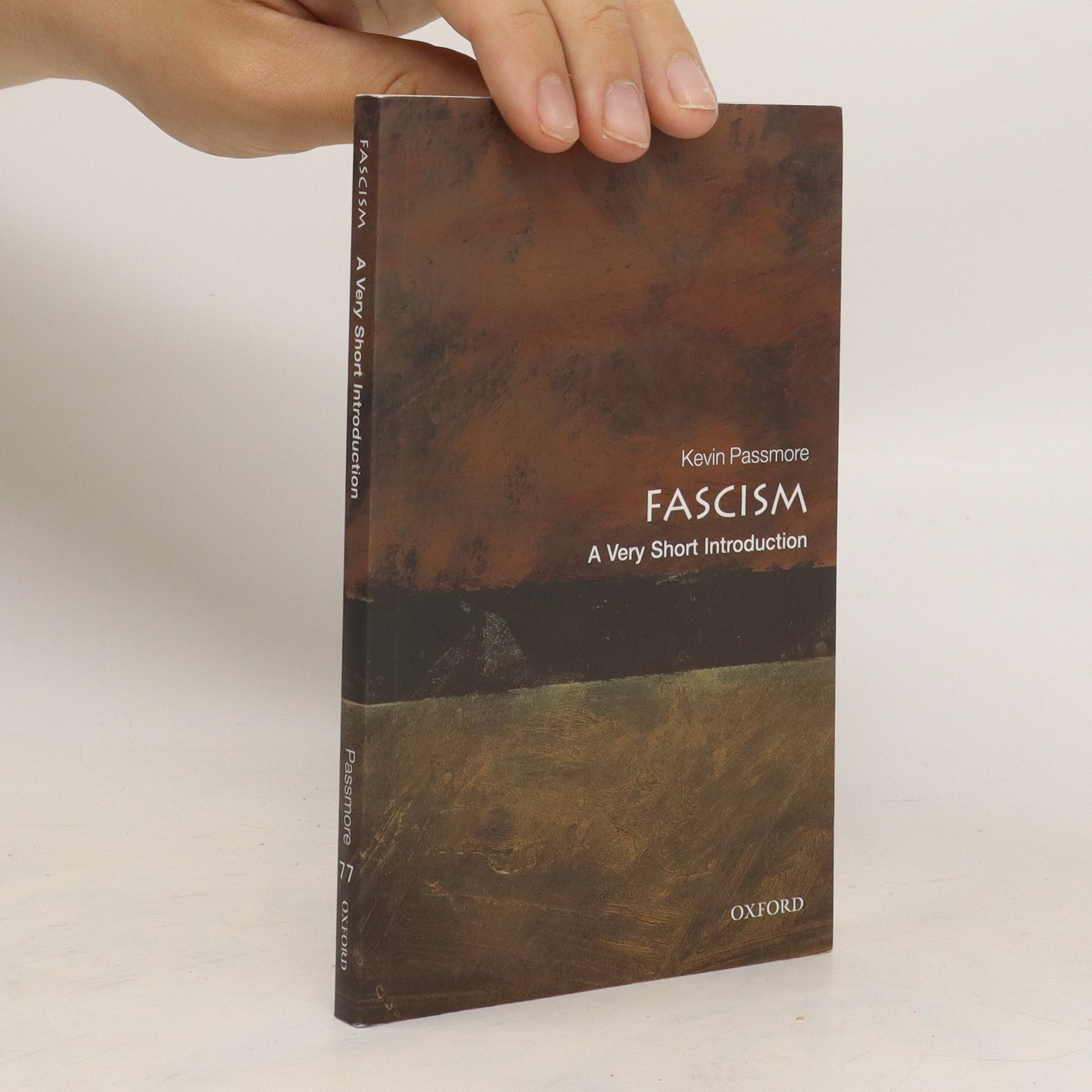Kevin Passmore shows how fascism used and uses propaganda and popular culture to propagate itself and how it exported its ideas outside Europe, through Nazi and Spanish post-war escape routes to Latin America, for instance.
Kevin Passmore Livres


Teorie a praxe Cílem této kolektivní monografie je poskytnout základní seznámení s teoretickými idejemi (vědomými i nevědomými), které utvářely obor historie, a to především v anglosaské perspektivě. Kniha nabízí přehled soupeřících „škol“ teoretického myšlení stojících v pozadí studia dějin, přičemž empirická metoda je zde pojímána jen jako jedna z možností, jak se lze dějinami zabývat. Čtenáři se předkládá stručný a kritický úvod do idejí, technik a institucionálních praktik, které umožnily ustavení historie jako svébytného vědeckého oboru. Procházejí se zde hlavní soubory teoretických poznatků užívaných k objasňování minulosti a zkoumá se vliv takových idejí na skutečné příklady historického psaní i na některé obory historického bádání. Kniha není o „historiografii“ či „dějinách historie“, spíše v ní jde o prozkoumání způsobů, jak teorie utvářela praktické historické psaní.